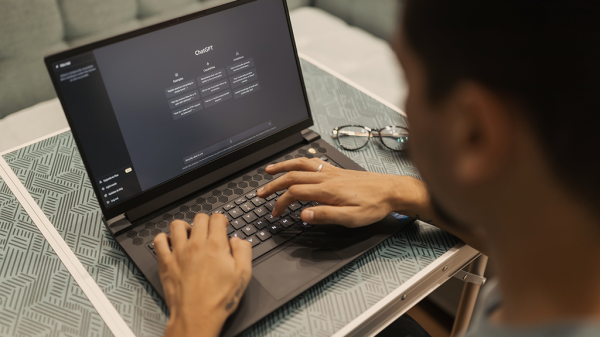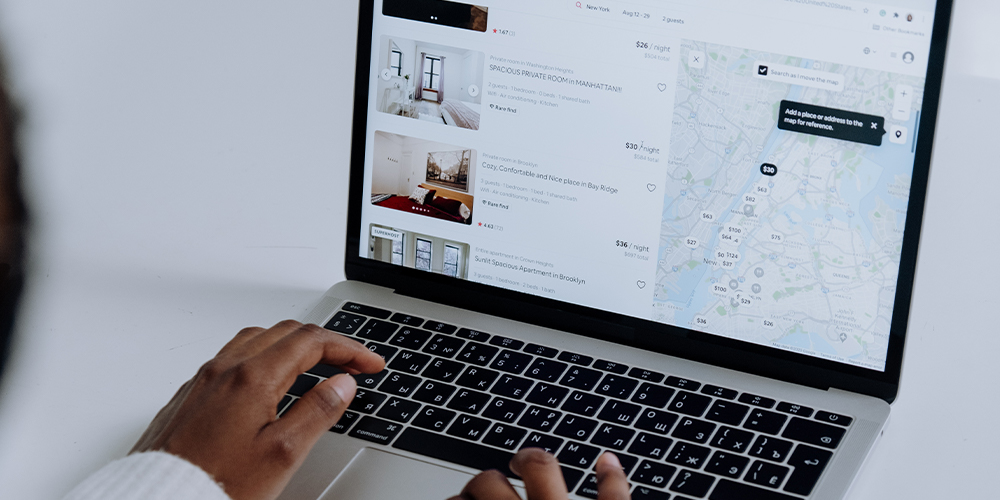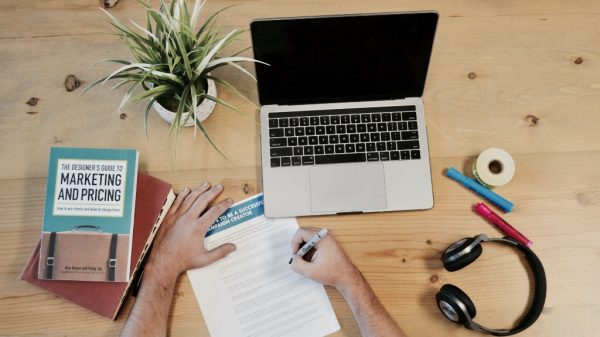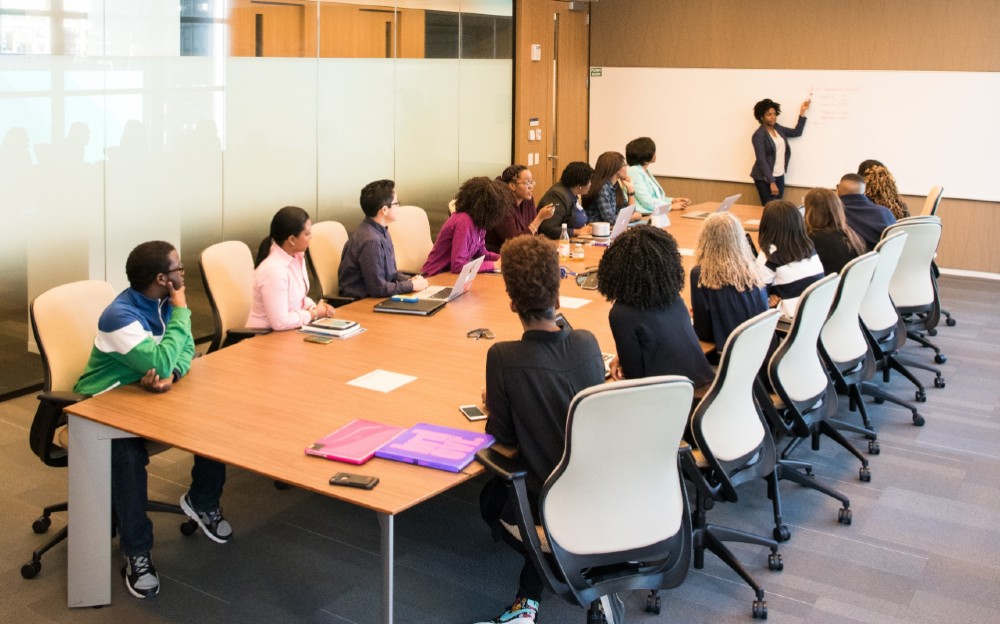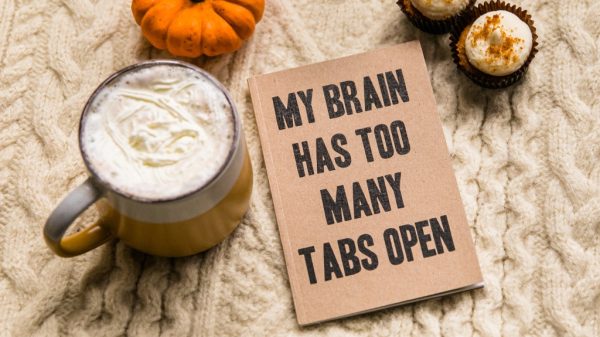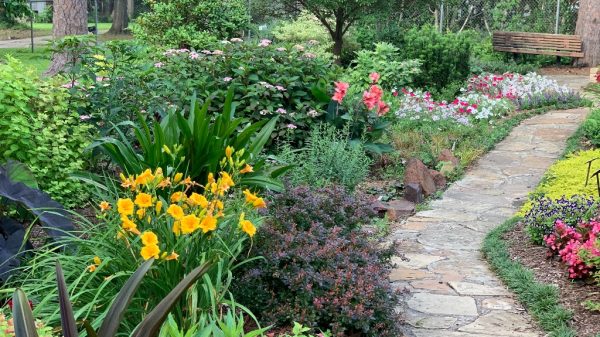With mortgage rates at a 22-year high, and home affordability sinking to its lowest level in three decades (according to the Real House Price Index) how much does homeownership in the U.S. actually cost?
In August 2023, 82% of consumers reported putting home-buying plans on hold.
The Home Ownership Affordability Monitor (HOAM for short, and created by the Federal Reserve Bank of Atlanta) Index plummeted to an all-time low of 68.4% A reading below 100 indicates that median household income cannot cover annual costs associated with owning a median-priced home or more than 30% of annual income is going toward homeownership. For reference, an individual’s total housing costs should be at out below 28% of their annual income.
It would cost the average American $623,290 to own a single-family home over 13.2 years, which is the average occupancy period in all 50 states and Washington D.C.
In addition to purchasing and closing fees, the total figure also factored in other costs beyond mortgage repayments that homeowners face: insurance, ongoing maintenance, and utilities such as electricity, wifi, water, and gas.
Mortgage repayments, average utility costs, and average closing cost fees significantly increased the “true cost of homeownership” for a single-family home across the U.S. “The average cost of utilities, including WiFi, for a single-family home over 13.2 years is an average of $54,662,” according to the report. The average closing fees stood at $5,964 for a single-family home.
Furthermore, a homeowner living in a typical metro area during the second quarter of 2023 needed to earn at least $99,600 to afford monthly mortgage payments up from needing to earn $52,600 three years ago, according to Harvard’s Joint Center for Housing Study Data.
Starter home costs are also on an upward trajectory, this, of course, has put homeownership further out of reach for those already constricted by limited down payment savings and incomes that can’t keep up with costlier monthly payments.
First-time homebuyers hoping to buy a starter home will need to earn about 64,500. Up 13% from the previous year. A typical starter home hit an all-time high of 243,000 in June, according to a Redfin report.
Weakening affordability conditions for first-time buyers is further underscored in the National Realtors Association’s latest First-Time Homebuyer Affordability Index. The preliminary second-quarter reading came in at 61.4 compared to 67.4. This reading indicates that a family earning a median income earns exactly enough to qualify for a mortgage and qualify for a typical home.
Additionally, housing stock remains very low, especially entry-level homes, thus propping up demand and sustaining ultra-low home prices. How low is the housing stock? “Inventory is approximately 46% below the historical average dating back to 1999,” says Jack Macdowell, chief investment officer and co-founder at Palisades Group. “We think that it is highly unlikely that the inventory problem will be resolved in 2023.”
There are several ways to reduce homeownership costs, such as large down payments upfront, efficient appliances, alternative energy strategies, and DIY repairs, as well as refinancing at lower rates in the future when mortgage rates recede. Buying a home essentially means buying two things: the land underneath, which tends to hold its value or appreciate — and the house itself — which is a depreciating asset. Homeowners end up paying for that depreciation one way or another. According to Axios’ chief economics correspondent Neil Irwin.
Affordability will remain a concern, mortgage rates may cool off but they are also projected to remain elevated in 2024 continuing to challenge the first-time homeowner. Lastly, Zillow economists predicted last week that home prices would rise 2.1% between September 2023 and September 2024.
Nicole is a recent graduate (okay fine, a recent-ish graduate) of Texas State University-San Marcos where she received a BA in Psychology. When she's not doing freelance writing, she's doing freelance Public Relations. When she's not working, she's hanging out with dogs or her friends - in that order. Nicole watches way too much Netflix and is always quoting The Office. She has an obsession with true crime and sloths.





